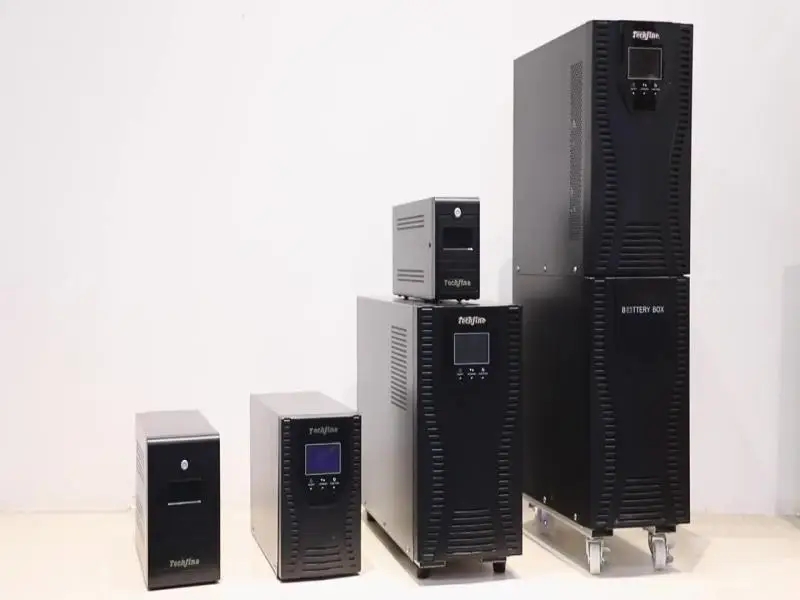- In a world where power outages can lead to significant disruptions, the role of an uninterruptible power supply cannot be overstated.
- An uninterruptible power supply is an essential piece of equipment for any setting that relies on a consistent power supply.
In today’s modern world, we have come to rely heavily on electronic devices to carry out a variety of tasks, whether it’s for work, communication, entertainment, or just general convenience. And with this reliance on technology comes a need for a reliable power source to keep our devices running smoothly. The purpose of an uninterruptible power supply is to provide you with a reliable and consistent power source for your electronic devices, ensuring that they remain operational and protected at all times.
What is an uninterruptible power supply
An uninterruptible power supply (UPS) serves as a critical backup system that delivers emergency power to a load in the event of a power outage or disruption. It ensures that connected equipment, such as computers, servers, and other sensitive electronics, can continue to operate seamlessly for a specified duration.
Also read: What is a power distribution unit (PDU) and what does it do?
Also read: How do power transmission and distribution systems work?
Key purposes of a UPS
Power outage protection: The primary purpose of a UPS is to protect connected equipment from the effects of power outages, preventing sudden shutdowns that can cause data loss or damage to hardware.
Voltage regulation: By providing clean and stable power, UPS devices shield sensitive electronics from voltage spikes, sags, or surges that could otherwise cause malfunctions or failures.
Data integrity: For systems that rely on uninterrupted power, such as computers and data centres, UPS units ensure the integrity of data by allowing sufficient time for users to save work and properly shut down systems. This is especially important in critical applications where even a brief power interruption can have significant consequences.
Equipment protection: UPS systems are vital for equipment protection in settings such as medical facilities, communication systems, and industrial environments. By mitigating the impact of power fluctuations, UPS devices safeguard sensitive equipment from potential damage, ensuring continuous operation and longevity.
Business continuity: UPS units contribute to business continuity by serving as a key component of disaster recovery plans. By maintaining power supply during outages or emergencies, UPS systems enable businesses to continue operations with minimal disruption, preserving productivity and minimising financial losses.
Emergency lighting and safety systems: UPS devices have a critical role in emergency situations by powering essential lighting and safety systems. In the event of a power outage, UPS units ensure that emergency protocols can be carried out effectively, facilitating safe evacuation and maintaining essential safety measures.
In conclusion, the purposes of an uninterruptible power supply extend beyond mere backup power provision. From protecting equipment and data integrity to ensuring business continuity and emergency preparedness, UPS systems are indispensable in maintaining the reliability and functionality of electronic systems in various applications. From homes with sensitive electronics to large data centres and medical facilities, a UPS provides a layer of protection and assurance that keeps operations running smoothly, even when the power grid falters.

